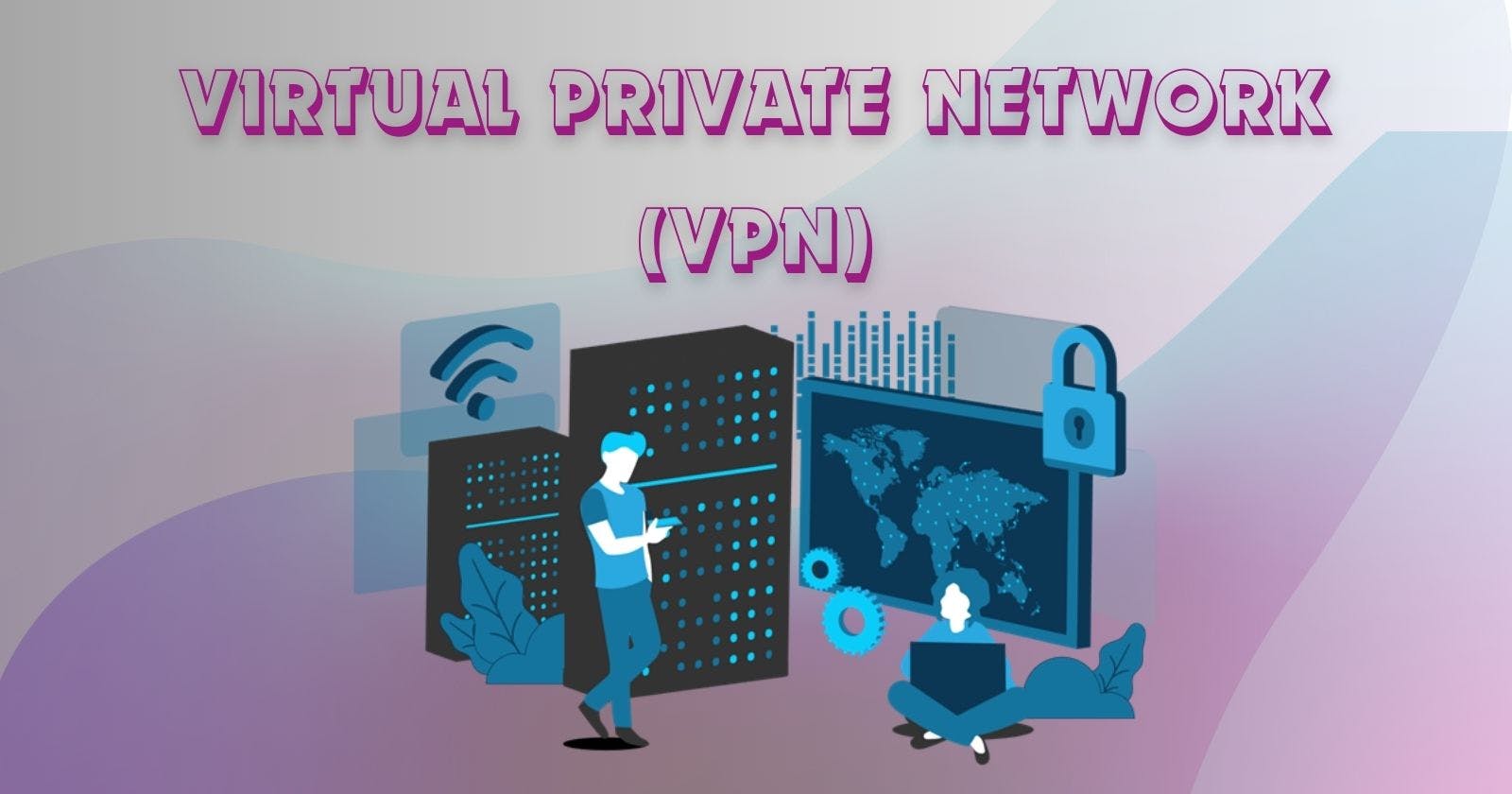Introduction
In our modern digital landscape of interconnected world, where every click, swipe, and tap leaves a digital footprint, ensuring our online privacy has never been more crucial and important. From the convenience of public Wi-Fi to the necessity of remote work setups, our reliance on digital connectivity exposes us to an array of risks, from data breaches to surveillance.
Here comes the role of VPN, a cornerstone technology in the realm of digital security. In this blog, we will try to understand what exactly is a VPN, how does it work, why should you consider integrating it into your online toolkit and similar such questions.
What is a VPN?
A VPN or Virtual Private Network creates a private network connection between devices through the internet. VPNs are used to safely and anonymously transmit data over public networks. They work by masking user IP addresses and encrypting data so it's unreadable by anyone not authorized to receive it. Some of the most common reasons people use VPNs are to protect against snooping on public WiFi, to circumvent Internet censorship, or to connect to a business’s internal network for the purpose of remote work.

What is a VPN used for?
Virtual Private Networks, are used for several purposes as listed below:-
Privacy: VPNs encrypt our data, shielding sensitive information like passwords and browsing history from prying eyes, especially on public Wi-Fi networks.
Anonymity: By masking your IP address, VPNs keep our online identity hidden, preventing websites from tracking our location and browsing habits.
Security: VPNs use encryption to fortify our internet connection, minimizing the risk of unauthorized access and data breaches. They can even serve as a failsafe, terminating suspicious activities to protect our data.
Bypassing Geographical Restrictions: Many streaming services, websites, and online platforms impose geographical restrictions on content. With a VPN, we can bypass these restrictions by connecting to a server in a different country, allowing us to access content as if we were physically located there.
How does a VPN work?
A VPN connection redirects data packets from our machine to another remote server before sending them to third parties over the internet. This means that if we surf online with a VPN, the VPN server becomes the source of our data and thus our Internet Service Provider (ISP) and other third parties cannot see what data we send and receive online.
Key principles behind VPN technology include:
Tunneling protocol
By establishing a secure data tunnel between our device and a remote VPN server located miles away, VPNs ensure a fortified connection that shields our internet traffic from prying eyes. With the VPN server acting as the source of our data, your Internet Service Provider (ISP) and other third parties are effectively blinded to the contents of our online activities, ensuring your privacy and security remain intact.

Encryption
The VPN service acts as a filter, making our data unreadable at one end and only decoding it at the other — this prevents personal data misuse, even if our network connection were to be compromised. Network traffic is no longer vulnerable to attack, and our internet

How do businesses use VPNs?
Businesses leverage Virtual Private Networks (VPNs) in three primary ways:
Site-to-Site VPN: These VPNs establish secure connections between geographically dispersed locations within a company, serving as internal private networks.
For example, AWS Site-to-Site VPN offers secure connections between office networks and AWS resources using IP Security (IPSec) tunnels, ideal for global applications.Client VPN or Open VPN: Admins configure VPN services for end-users, enabling them to securely connect their devices to the company network. AWS Client VPN allows employees to access both AWS and on-premise resources securely, scaling automatically based on demand.
SSL VPN(Secure Sockets Layer Virtual Private Network): Secure remote access is provided via a web portal and an SSL-secured tunnel, facilitating connectivity between private devices and the office network. SSL VPNs are cost-effective for large remote teams, eliminating the need for company devices for every member.
Advantages of VPN
IP Switching: With a VPN, we have the flexibility to switch IP addresses, allowing us to access geo-restricted content or mask our online identity effortlessly.
Secure and Encrypted Connection: VPNs encrypt our internet connection, safeguarding our data from potential eavesdroppers or cyber threats. This ensures that our online activities remain private and protected from prying eyes.
Confidential File Sharing: VPNs provide a secure environment for sharing files, ensuring that sensitive information remains confidential and protected from unauthorized access.
Privacy Protection: By masking our IP address and encrypting our data, VPNs shield our online activities from surveillance and tracking, preserving our privacy and anonymity on the internet.
No Bandwidth Restrictions: VPNs eliminate bandwidth restrictions, allowing us to enjoy unrestricted access to the internet without worrying about data caps or throttling.
Cost Savings on Internet Shopping: VPNs can help us save money on internet shopping by enabling us to access region-specific deals and discounts, expanding our options and maximizing your savings.
Limitations of VPN
Internet Speed: VPNs can potentially reduce internet speed due to encryption and routing processes.
Cost: Premium VPN services often come with a price tag, impacting budget considerations.
Legal Restrictions: VPN usage may be prohibited or restricted in certain countries, limiting accessibility.
Conclusion
In summary, VPNs are essential for ensuring online privacy, security, and unrestricted access to content. With encrypted connections and IP masking, they offer peace of mind in today's digital world. Whether protecting sensitive data or accessing region-specific content, VPNs are indispensable tools for internet users everywhere.
Endcard
Thank you for joining me on this insightful blog on the VPN.
If you found this blog helpful and informative, don't forget to give it a like!
Stay updated with my latest posts and never miss out on exciting content! Click that Follow button to join and stay in the loop!
Follow me on Linkedin --> rupak1chakraborty
